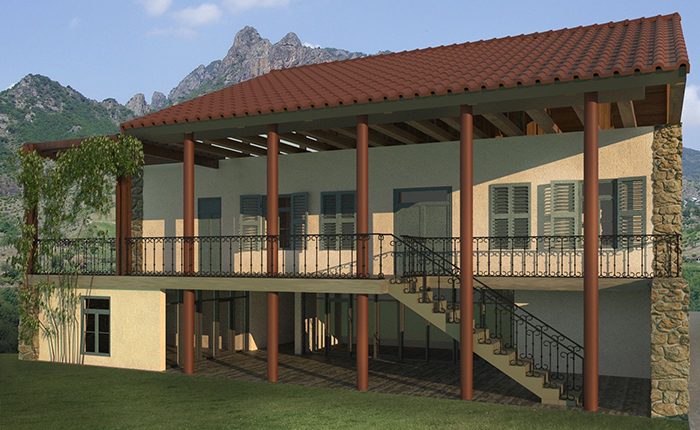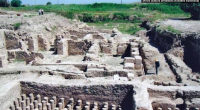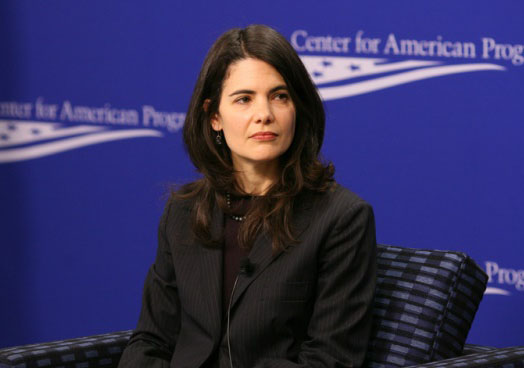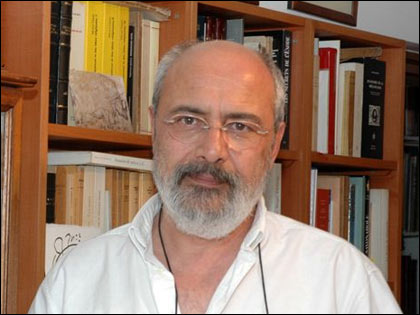BY TAMAR TATOIAN
“Please tell me about where the idea for KorniTun originated.” This is the sentence that launched a fruitful, inspiring conversation between myself and one of the founders of All for Armenia, Matthieu Sahakian. Both of us stationed in front of our screens thousands of miles away from each other, we were brought together in conversation by the very thing that brought millions of Armenians together in September of 2020 – the visceral possibility of losing more of our homeland than we’d already lost. Little did we know that the Syunik region would come under fire yet again the very next day, making our subject – KorniTun – all the more relevant.
All for Armenia was created at the beginning of the 2020 war, akin to Miaseen, out of urgent need. The organization is helmed by Matthieu and Araz Sahakian, both diasporans who repatriated to Armenia. During and following the war, over fifty volunteers from ten different countries came together under All for Armenia to provide food and necessities to approximately 1,000 families in the border villages of Armenia that connect us to Artsakh. The volunteers constantly traveled back and forth to the border from Yerevan to make deliveries, the gravity of their mission sustaining them throughout the day until the adrenaline subsided to reveal back pain and blisters at night, the physical marks of their efforts. It was the challenge of traveling to and from the border that initially sowed the seeds of KorniTun, coupled with the evolving needs of the border population. “We are on the ground, active, and standing by the people of the border. Their needs moved from urgent humanitarian aid to long-term, sustainable projects,” Matthieu explained. “For this vision to be successful, we knew we needed to be established at the border and not in Yerevan. We asked the leaders of Kornidzor what we should do to support them, and they wanted a community center for their youth. We realized we could do two things in one – create a place to provide education and have a place for volunteers to stay.” All for Armenia swiftly bought a building with support from the AYO Asso and partnered with Miaseen to execute their vision.
The community center, KorniTun, will function as an education and technology center on the first floor, with lodging on the second floor for volunteers. Kornidzor residents will be employed to handle the day to day operations of the center, creating valuable jobs for the village. Local children and young adults will have access to workshops that equip them with skills to provide for themselves and their families in the future, while also having a community hub to turn to in times of need. All for Armenia already has a successful record of establishing technology centers in the crucial border towns of Goris and Tegh. Equipped with computers and Internet access at the tech centers, local children attend workshops held by diasporan volunteers, learning skills that we take for granted – Excel, HTML, CSS programming, resume building, photography and videography, among others. The education does not stop when the workshops adjourn, but continues with the relationship built between the youth and the volunteers. Matthieu described the communal bond created from the workshops as such: “the participants really value these workshops, it expands and changes their horizons. They contact the volunteers after the workshop to receive feedback on their resumes and other things they are working on. The relationships that are created are productive for the future of both the diaspora and the people of the village.”
KorniTun will take the established concept of All for Armenia’s technology centers and elevate it by incorporating bed-and-breakfast style lodging for volunteers. “We want to establish a place where the diaspora can connect with the border and its people and realize the intensity of the everyday situation at the border. It is important for the volunteers to create relationships with the locals, and staying at KorniTun will help them do that.” Matthieu emphatically stressed that the key word to encapsulate the collaboration of KorniTun is experience. “We want to allow diasporans to experience the border and understand what is at stake, we are literally at the doors of Artsakh when we are in Kornidzor. We are completely related to what is happening on the ground, we are not from a disconnected diaspora. Why is the diaspora interested in coming here? Because they realized from the war that Armenia can disappear. We need to be active and save our homeland. Not from Yerevan, but from the border villages.”
The intensity of the everyday reality at the border that Matthieu intimated is characterized by a constant, looming threat of attack on the region. Prior to the war, Kornidzor was 103 miles away from the border. Post-war, it is a scant half a mile away, with military posts clearly visible from the locals’ homes and the sound of gunshots ringing far too close. “Why focus on Kornidzor? It is because Kornidzor has strategical importance as the last road that remains toward Artsakh, one of the three villages before the Lachin Corridor. Securing borders means preventing depopulation, and how to prevent that? By fostering hope and opportunity there.” Kornidzor and the surrounding region is extremely underserved, yet it is the area that needs our support the most. “We are the only ones coming into Kornidzor. If we come here, if we create something here, it disturbs the narrative of people who want to give up, because there is still hope if people are coming to help,” Matthieu declared, and I found myself becoming emotional hearing the passion and energy intertwined in his message.
When the community of Kornidzor heard that a building was purchased and architectural planning for remodeling had begun, it created a tangible reason for them remain in the area. They reasoned: “why would we send our kids to Yerevan if they will have opportunities here at home?” As the news spread, “for sale” signs gradually began disappearing from the exterior of homes in the area. There are 580 children in the region, comprised of seven villages. In Kornidzor alone, there are 103 children and 100 young adults who need – and undeniably deserve – our support. We owe everything not only to our soldiers, but to the people in the border villages who stand their ground in their homes, protecting our borders by their mere presence. If it were not for them, our borders will be pushed back all the way to Yerevan. We owe them everything. Everything.
Anyone who has been to the homeland understands the connection that one experiences when they set foot there, breathing in the air, taking in the sun shed our sacred soil. This need not be developed, but exists in every single one of us, ready to be felt in the depths of our hearts as soon as we arrive. An All for Armenia volunteer from Houston, Texas of the United States experienced exactly this in the aftermath of the war. As Matthieu described the amazement of the volunteer as she connected with Kornidzor, he explained that she felt a true sense of purpose there, that she now truly understood what is at stake. “Every centimeter of the homeland has an infinite value,” Matthieu stated with conviction. “We must value it and preserve it.” This is the ethos behind All for Armenia and Miaseen’s collaboration – that every centimeter of our homeland indeed does have infinite value, and we all must do everything in our power to protect every single centimeter of it. We cannot leave the people of Kornidzor, the people of Syunik, to fight for us all. We are collectively responsible for the sovereignty of our nation. Join the fight with us as we establish KorniTun.
All for Armenia and Miaseen are on a journey to transform Kornidzor. More than ever, we need to work together to build a stronger and resilient Armenia. Contribute to build the KorniTun Community Center that will serve the people of Kornidzor and Syunik Marz.
Join our capital campaign here: https://www.miaseen.org/kornitun










